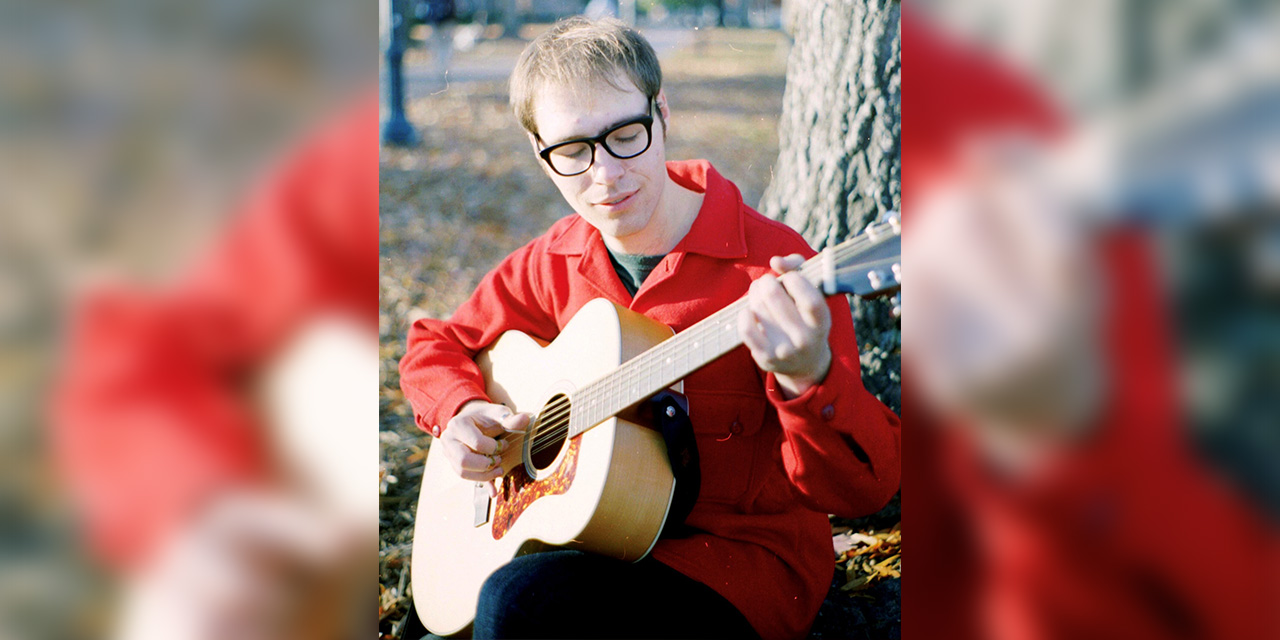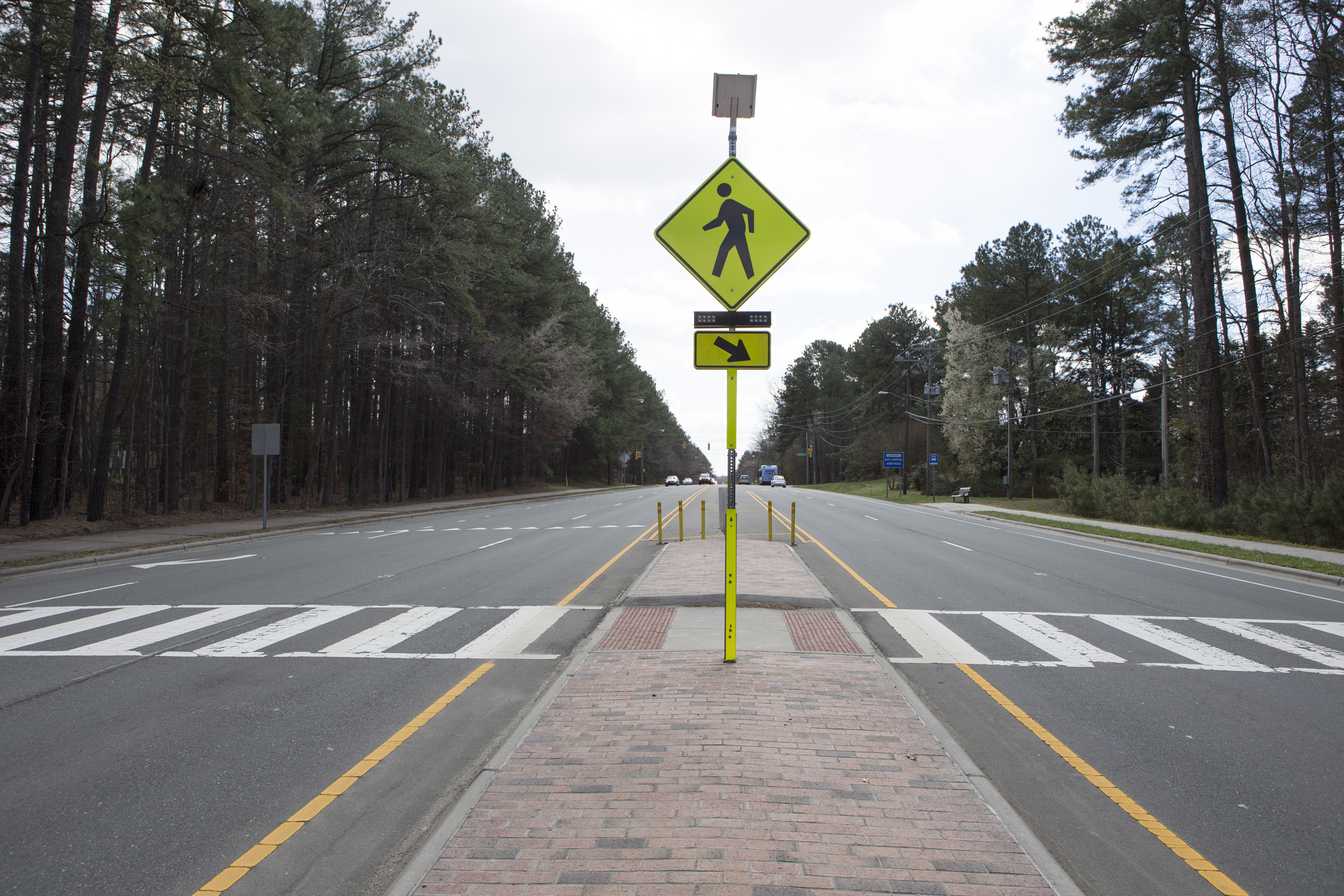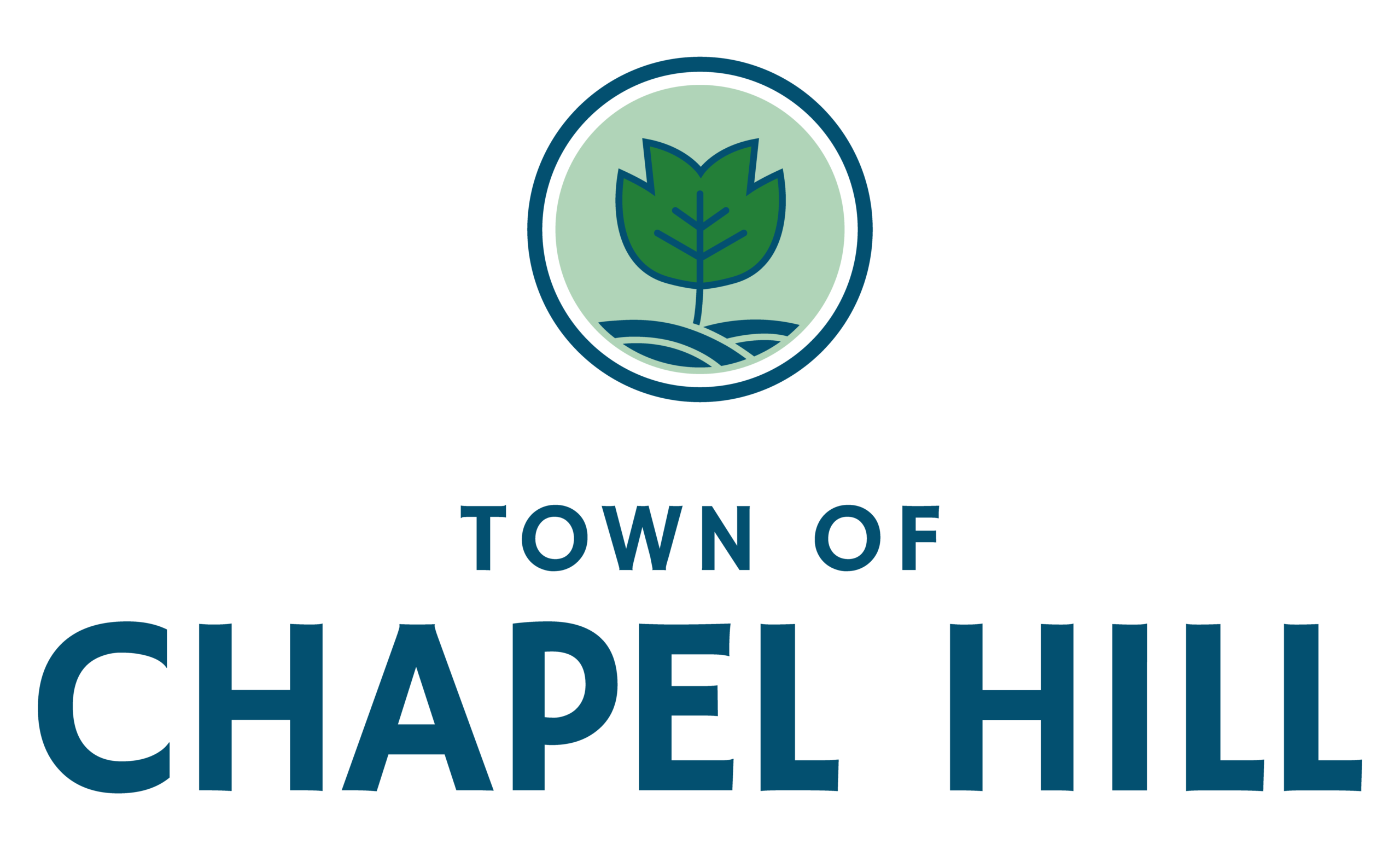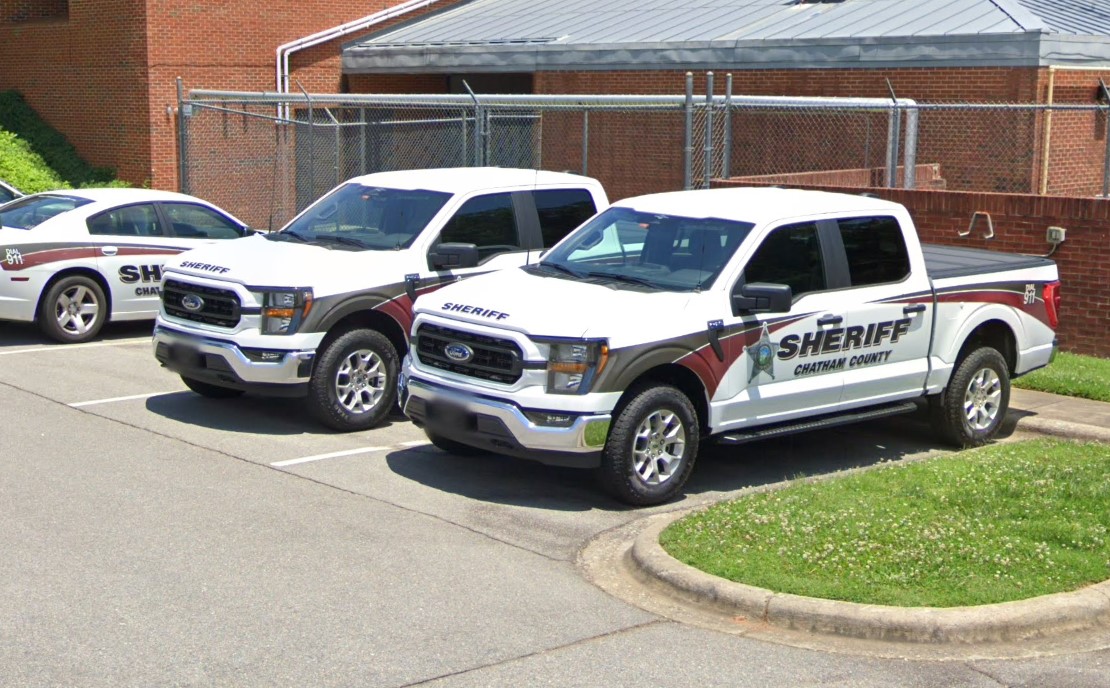Story via David Menconi, Down on Copperline, Orange County Arts Commission
Some poor souls go a lifetime without ever figuring out what they want to do with their lives. Bill Moore, on the other hand, is barely out of his teens and already has an artistic path figured out involving music, filmmaking and folklore, and that’s just to start. If Moore doesn’t have the exact combination or proportions figured out yet, well, he’s only 20 years old and that should come with time.
For now, the precocious Chapel Hill native has an impressive calling card in his debut album, “New Piedmont Style” (Oboscope Records). The album’s 12 songs are all originals, but recorded in the style of Depression-era Piedmont blues going back seven or eight decades before Moore was born. The music is a throwback to the days when Blind Boy Fuller, Rev. Gary Davis and other 1930s-vintage blues titans were busking around Durham’s warehouse district during tobacco-harvesting season.
“Rev. Gary Davis is the number-one person I look to on guitar,” Moore says. “I also love Charlie Poole, even though he’s more old-time, and Bob Wills. I’ve always written songs, but the first ones were mostly joke songs, nothing serious. It didn’t really click for me until I found Piedmont blues. Like Elizabeth Cotten, I was fascinated by the idea that she lived right around where I do. That led me down this rabbit hole of Piedmont blues.”
A rising junior at UNC-Chapel Hill, Moore is an American studies/music double-major. He has also worked the past two summers as an intern at Music Maker Foundation, a Hillsborough-based organization that supports blues musicians.
Music Maker managing director Denise Duffy confesses that she had some hesitations about taking Moore on because of his youth. But her misgivings vanished as soon as she saw his high-school film project, “The G.W. McClintock Story,” a slyly funny “This Is Spinal Tap”-style mock documentary Moore made about a fictional folk-music legend who can’t quite keep the details of his own mythology straight. After working with Moore for two summers, she calls him “a smart, intrepid, super-talented old soul.”
“He’s a studious kid and a hard worker,” says Denise’s husband Tim Duffy, Music Maker’s executive director. “A great film editor, he can look at five hours of (excrement) and find the 30 seconds that are worth using. And he can play Rev. Gary Davis songs just like the records and that’s hard, you know? I’m a huge fan of his. I wonder where he’ll wind up.”
Moore’s road to Piedmont blues started with the music he heard his parents playing while he was growing up, especially Bob Dylan. Investigating the folk traditions Dylan drew on eventually led to Charlie Poole, a textile-worker-turned-musician from the 1920s. A milltown string-band star, Poole played a style of old-time banjo that was hugely influential in the bluegrass that emerged in the 1940s with Bill Monroe and Earl Scruggs.
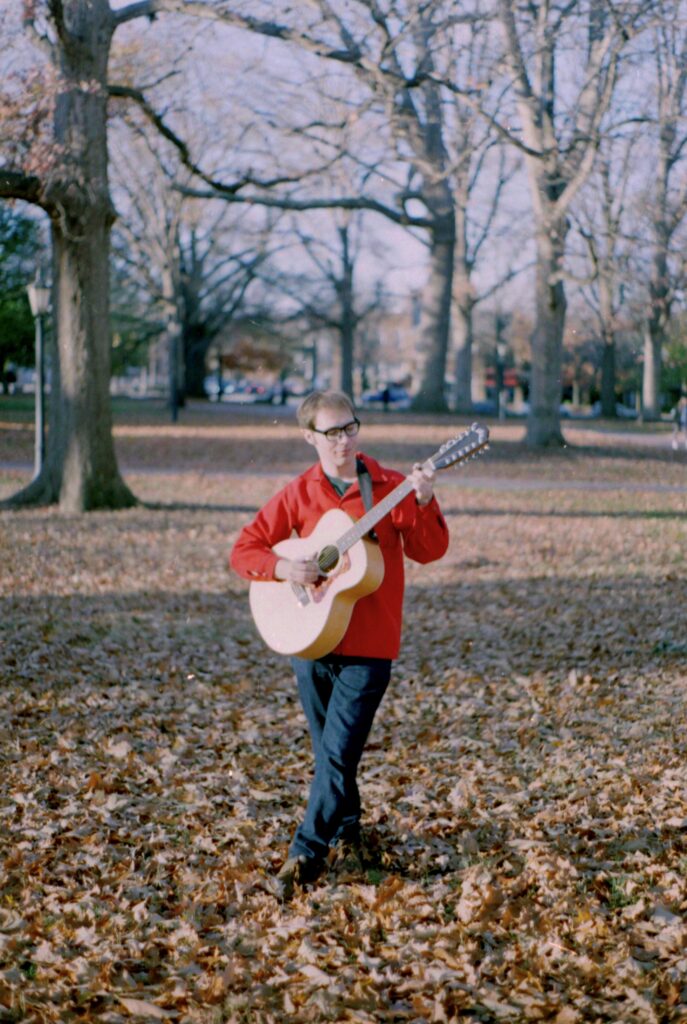
“I play banjo a little bit,” says Moore, whose primary instrument is 12-string guitar. “Charlie Poole’s style was a hillbilly version of Tennessee ragtime banjo, and I have a guitarist’s version of that. It seems like all my favorite people grew up playing banjo. A lot of the chord structures of Charlie Poole and Piedmont blues are similar, with a lot of ragtime influences. There’s more of a sense of movement compared to modern songs, which have a lot of looping.”
Once Moore had written enough songs of his own to contemplate recording, he asked Tim Duffy about studios. Duffy set him up in Music Maker’s headquarters with simple field-recording equipment, and Moore knocked out the dozen songs that make up “New Piedmont Style” in a single three-hour session of voice and acoustic guitar.
“One thing about a recording setup like that, what you end up with is exactly how you sound,” Moore says. “It will not make you better – but the good thing is it won’t make you sound worse, either. I got it back and thought, ‘This sounds just like the phone voice memos I made to listen back to.’”
Moore’s plan is to do more recording with an eye to releasing another batch of songs this fall, ideally expanding from solo to a small band. He’s also looking to expand his repertoire by learning bluegrass, to go with the blues.
Looking down the road past college, he envisions a career that will be some combination of professional musician and academic folklorist. Those are two difficult fields to crack. But if anyone can turn the trick, it seems like he can.
“Playing this kind of music, you generally draw older people who are already into it and happy to see a young person doing it,” Moore says. “No one thinks to invite someone like me to the campus band showcase. You know, ‘Let’s get the folk person to play a house party.’ But playing student open-mike nights, I’ve gotten a really good response with traditional songs like ‘Durham Women,’ which is solidly based in Blind Boy Fuller. So I want to bring traditional music to young people, keep it going. Playing and listening and learning the tunes and history is comprehensive to me, what I’m always trying to do.”
Hear Bill Moore play live: July 24 at Carrboro’s 401 Main, or Aug. 6 at Hillsborough’s Nash Street Tavern.
Story via the Orange County Arts Commission. Featured image via Calli Westra.
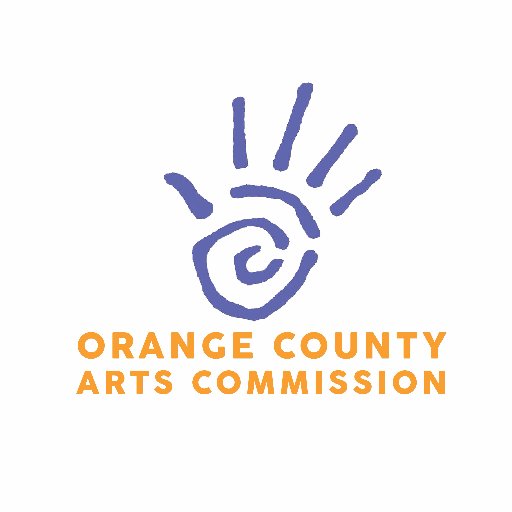 Chapelboro.com has partnered with the Orange County Arts Commission to bring more arts-focused content to our readers through columns written by local people about some of the fantastic things happening in our local arts scene! Since 1985, the OCAC has worked to to promote and strengthen the artistic and cultural development of Orange County, North Carolina.
Chapelboro.com has partnered with the Orange County Arts Commission to bring more arts-focused content to our readers through columns written by local people about some of the fantastic things happening in our local arts scene! Since 1985, the OCAC has worked to to promote and strengthen the artistic and cultural development of Orange County, North Carolina.

